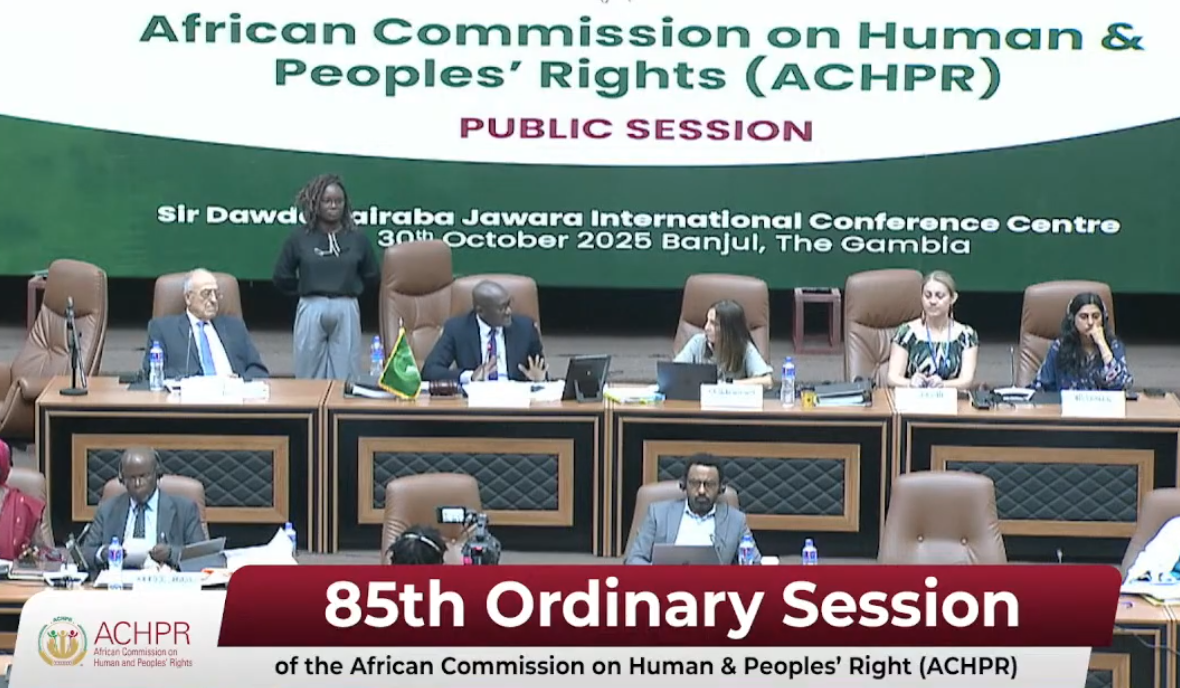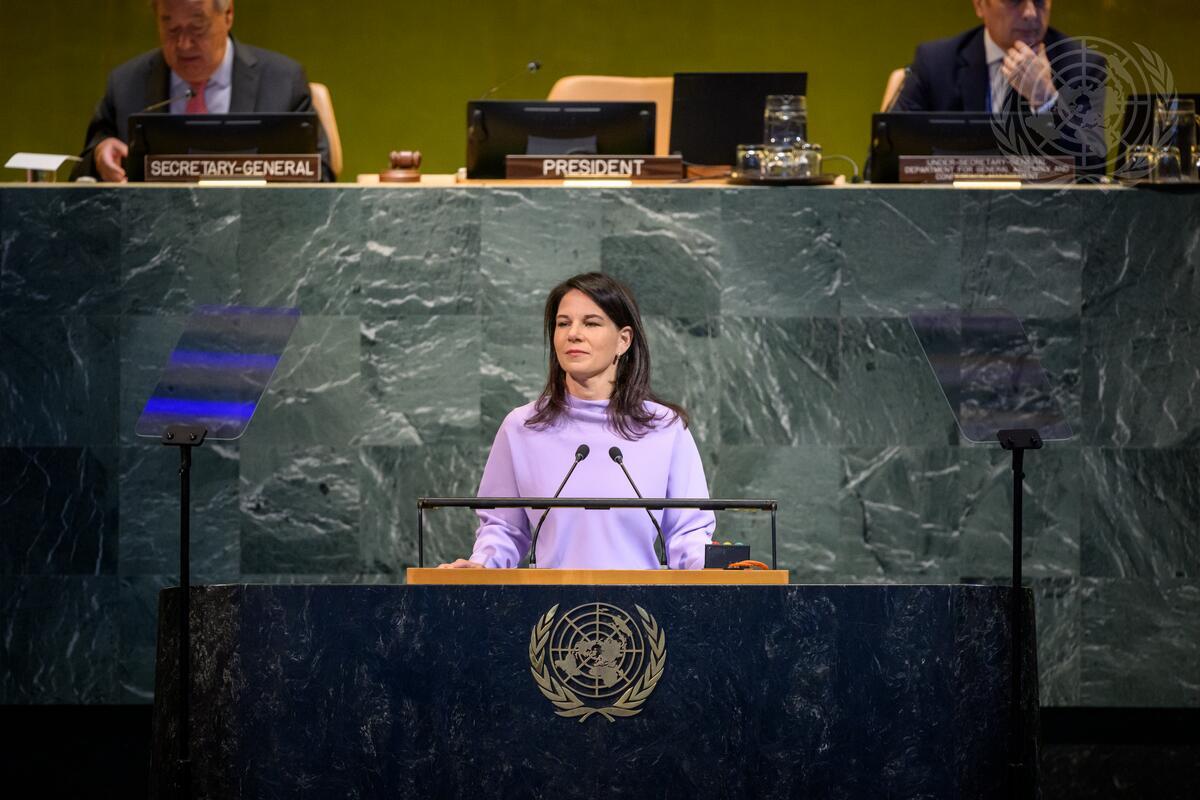Held on 22 October, the panel discussion on ‘Externalisation of Migration Management: Legal Issues, Current Challenges and Responsibilities of African States’ examined the growing trend of outsourcing migration control from Europe and the United States to African States.
The session, organised under the mandate of the Special Rapporteur on Refugees, Asylum Seekers, Internally Displaced Persons and Migrants in Africa, brought together representatives from OHCHR, UNHCR, Human Rights Watch, IOM, and members of the African Commission.
Participants expressed deep concern about the proliferation of agreements through which external partners — particularly the European Union, some European states, and the United States — seek to prevent migrants and asylum seekers from reaching their territories by transferring them to African countries. These practices, often accompanied by large financial packages, risk exposing migrants to arbitrary detention, ill-treatment, and denial of asylum.
Speakers warned that such arrangements shift responsibilities rather than sharing them, and may place African states in situations of legal and moral complicity.
The debate highlighted that migration cooperation cannot be separated from fundamental principles enshrined in the African Charter on Human and Peoples’ Rights and the 1969 African Union Refugee Convention, including transparency, individualised risk assessments, access to fair asylum procedures, and respect for the principle of non-refoulement. States were reminded that sovereignty does not exempt them from these duties; on the contrary, it requires ensuring that any bilateral or multilateral arrangement is transparent, lawful, and rights-based.
Lauren Seibert of Human Rights Watch presented evidence of human rights violations linked to European and U.S. externalisation policies in Africa, including cases of violence, arbitrary detention, collective expulsions, and the criminalisation of migration. She urged African governments to disclose all migration agreements, allow independent monitoring, and reject any deal that undermines regional solidarity or the African Charter on Human and Peoples’ Rights.
The discussion concluded with a shared call for Africa to reaffirm its role as a continent of protection, solidarity, and justice. Participants reiterated that Africa must not be a space for delegating risk but a space for the respect of human rights.
They urged African states to anchor all cooperation on migration in legality, humanity, and transparency — ensuring that the management of borders never comes at the expense of human dignity.




